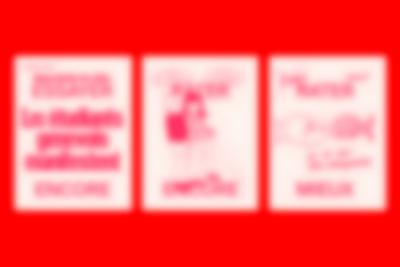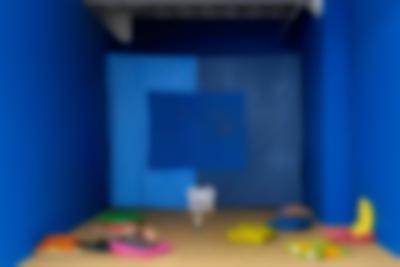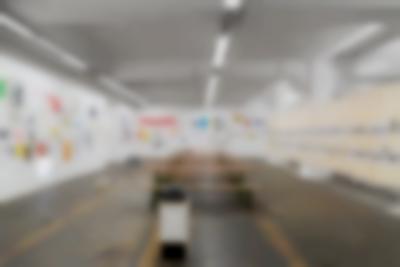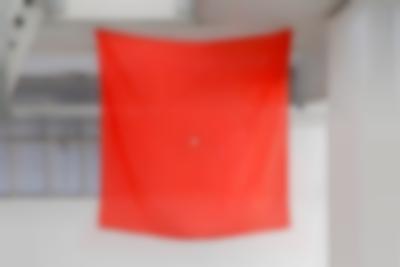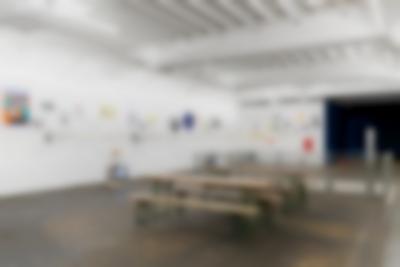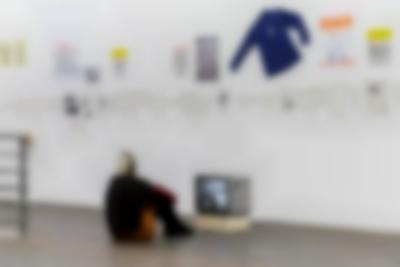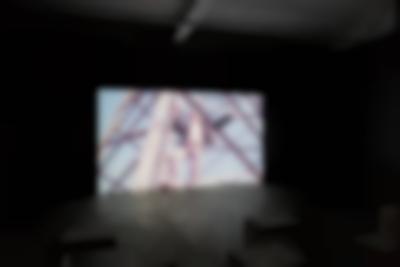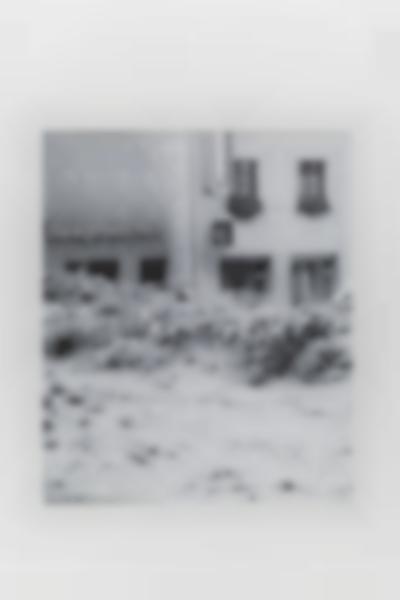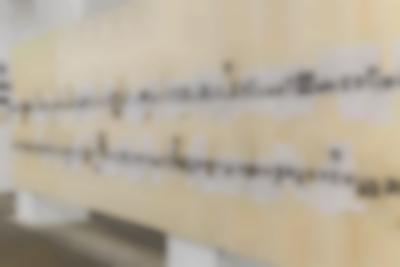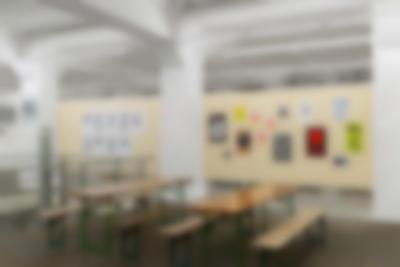Try Again,
Fail Again,
Fail Better
14.09–07.10.2018
Bringing together activist archives and artistic practices, the exhibition Essayer encore, rater encore, rater mieux (Try Again, Fail Again, Fail Better) interrogates the shared sensibilities and conceptual links between art and political activism. It encourages visitors to think about the current relevance of past struggles.
Faced with the inertia and conformism of institutions with which various independent movements feel no affinity, many initiatives have been launched in Geneva with the objective of constructing and experimenting with alternatives and new forms of struggle. A plethora of initiatives were born during the period from the 1960s through the end of the ‘80s, in a context of often tense relations between the authorities on the one hand and artists and activists on the other. The Women’s Liberation Movement in Geneva organized self-help courses offering women a chance to examine their own bodies and thus escape from the patriarchy. The first artist-run art spaces (for instance, the Galerie Aurora and the Messageries Associées) sprang up with zero support from official museums. A raucous movement for an Autonomous Center tried to take control of an existing establishment.
From the occupation of the Maison des jeunes (official youth center) in Saint-Gervais initiated by the theater troupe les Tréteaux libres to the État d’Urgence and the Usine struggles and the strike at the Musée Rath in 1980 by the A26N artists’ association, there was a manifest animosity with the authorities. In this context, spaces of shared sensibilities between art practices and political activists emerged. Inspired by the formats used by the conceptual avant-garde, activists circulated cards infused with caustic humor to struggle against rape, while the group Studios Lolos contributed to the monthly counter-information bulletin Tout va bien. The list got longer and longer as the effervescence of what was soon to be called “the 1968 years” in Switzerland brought about a flourishing of radical, multidisciplinary and innovative practices.
For this exhibition, Rosa Brux and the Archives contestataires have joined forces to lay out the often complex relationships linking documents arising from militant actions and pieces resulting from artistic processes. Thus this exhibition seeks to extend the transversal perspectives of “the 1968 years.” Instead of a “best of” compilation of artistic positions that would constate an anthological approach to the art of that period, we decided to privilege those artistic formations whose particularity was their connection with protest movements. The visual and documentary materials present at Le Commun excavate the buried, neglected or simply forgotten aspects of the history of anti-establishment currents. The richness of the resources that activists have preserved in an oppositional archive (les Archives contestataires) continues to surprise us with the density and quality of the reflections they provoke, resonating with today’s issues that extend far beyond the Geneva local context.
If the artistic practices of the “1968 years” sought to wield critical thinking as a consciousness-raising tool with an emancipatory perspective, how can this approach be still effective today, at a time when critiques of the system have been reabsorbed into the system itself? What do we mean by “political art”? While art has often been discredited as hopelessly ineffective, recent practices have persisted, despite everything, in reviving the possibility of a conjuncture of politics/art/action by what they bring into the field of art: work in affinity with struggles around working conditions, queer studies and the history of protest movements, striving for an ongoing redefinition of this concept.
Inspired by Samuel Beckett’s famous catchphrase, the exhibition’s title conveys a will to break with the categories of failure and success so often applied when it comes to evaluating protest movements. This title also pays homage to the contingencies of activism and the daily micro-resistance that sometimes works in the shadows of more sensational collective actions. To paraphrase the radical Rosa Luxembourg, a revolution never happens on time; it’s born of multiple premature attempts that constitute the necessary conditions for its resurgence one day.
As a complement to this show, Rosa Brux partnered with the Spoutnik theater to screen a series of documents relating to “the 1968 years” in Geneva. Bringing together feature films, documentaries, forbidden flix and art movies, this anthology seeks to capture the deepest concerns of our era and reevaluate Geneva’s protest movements.
With the support of



